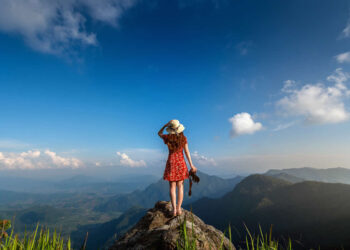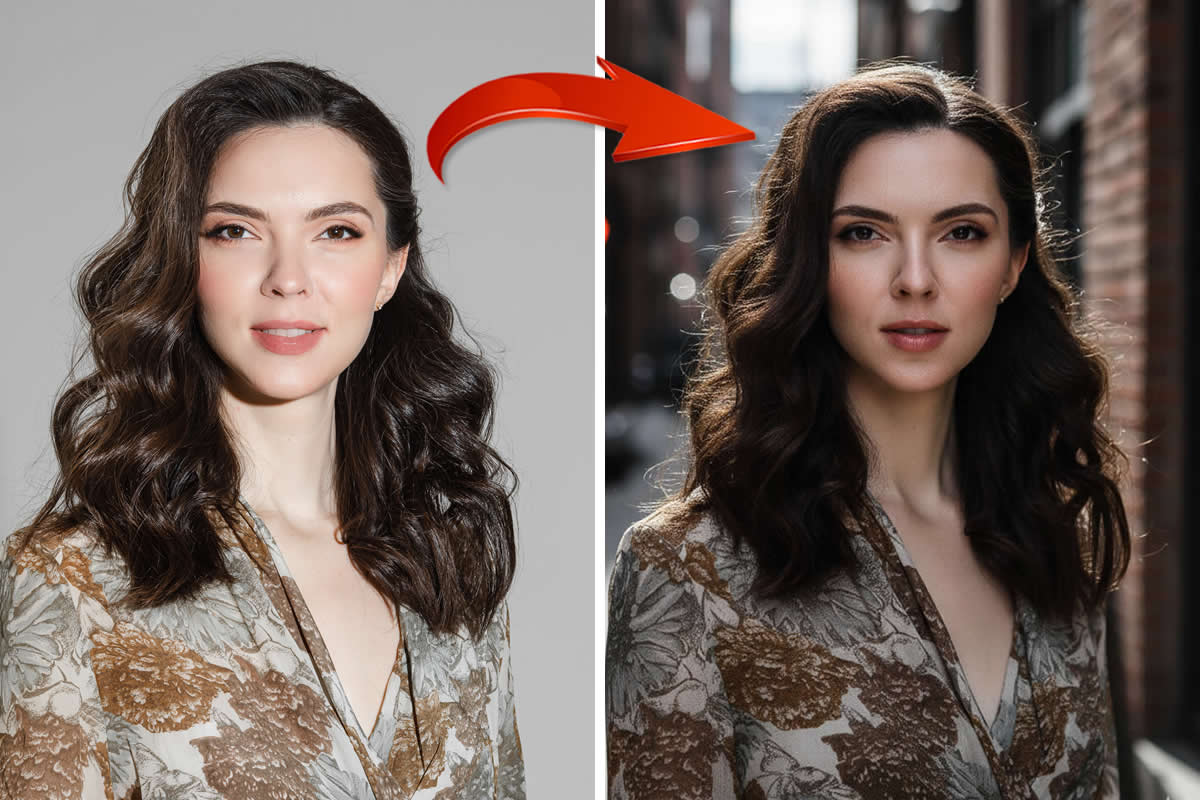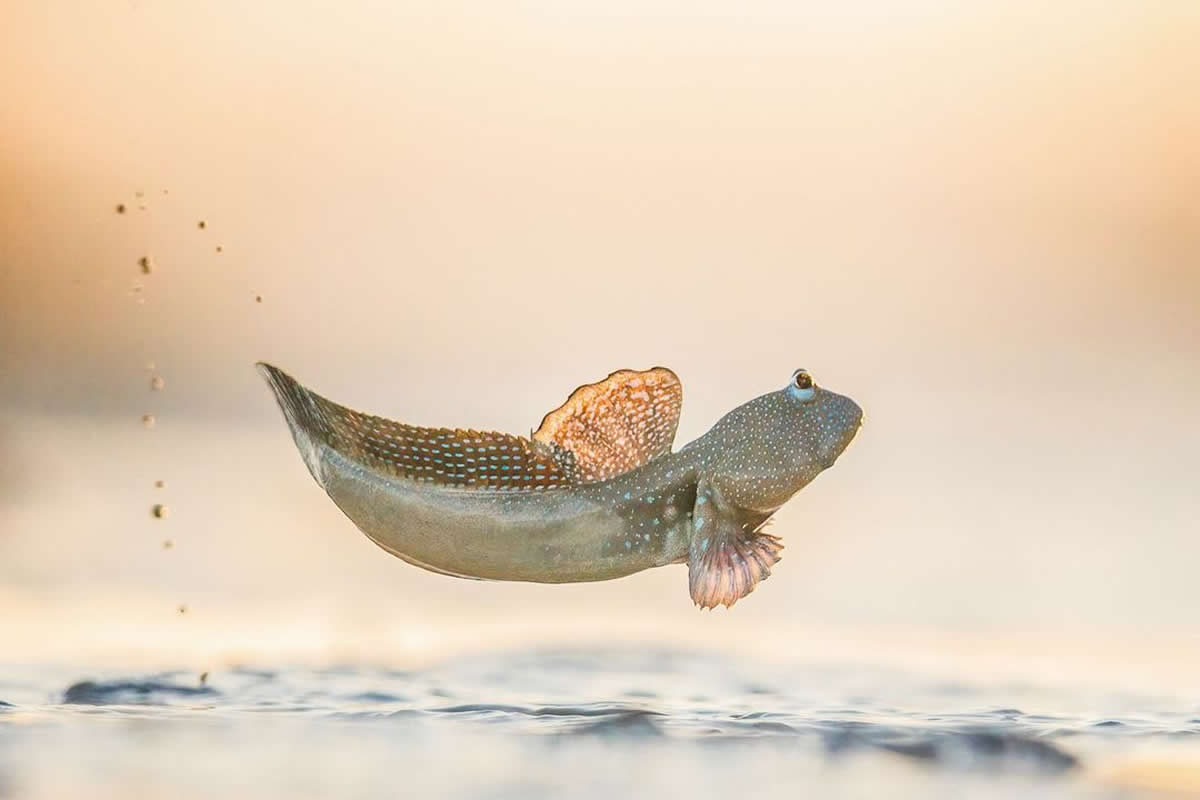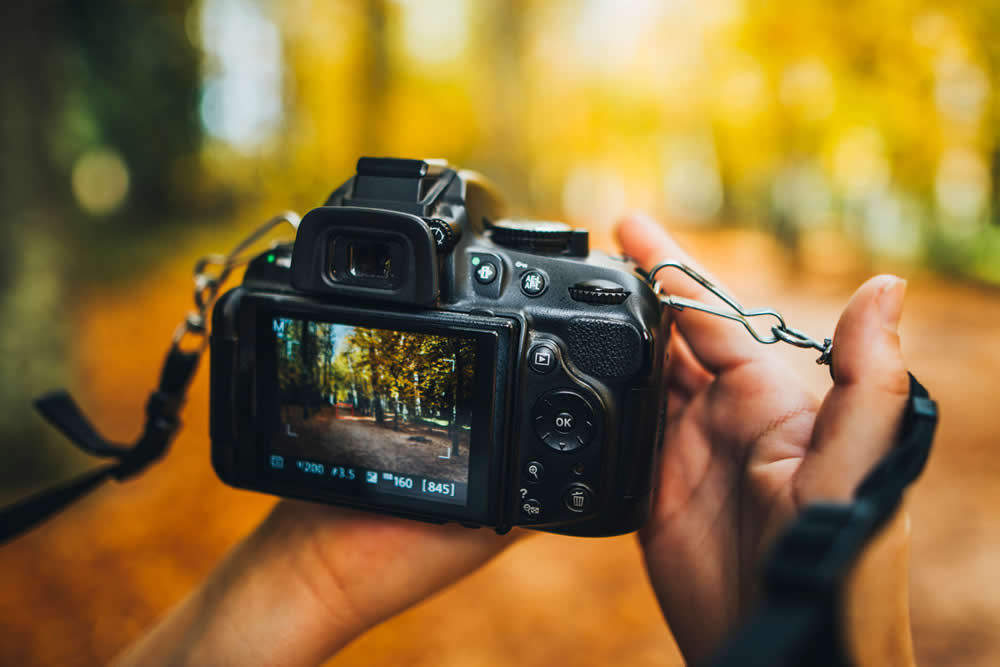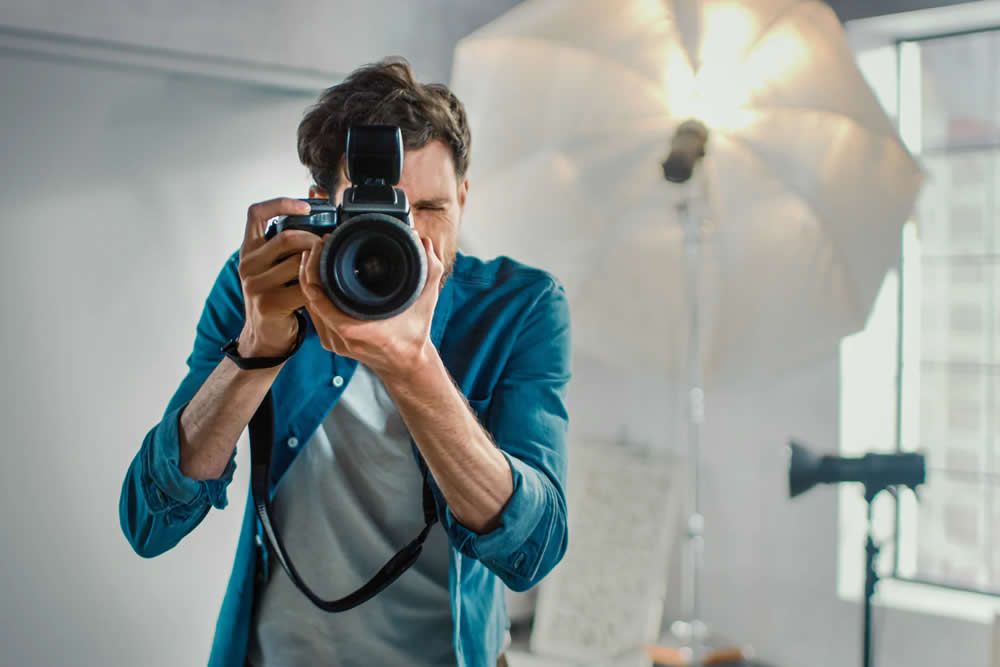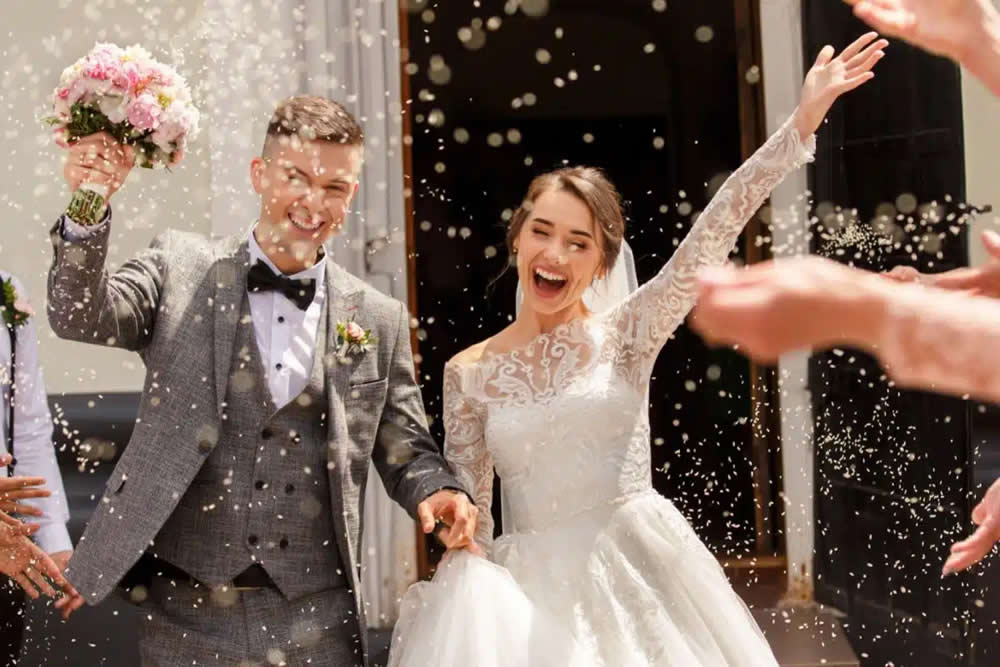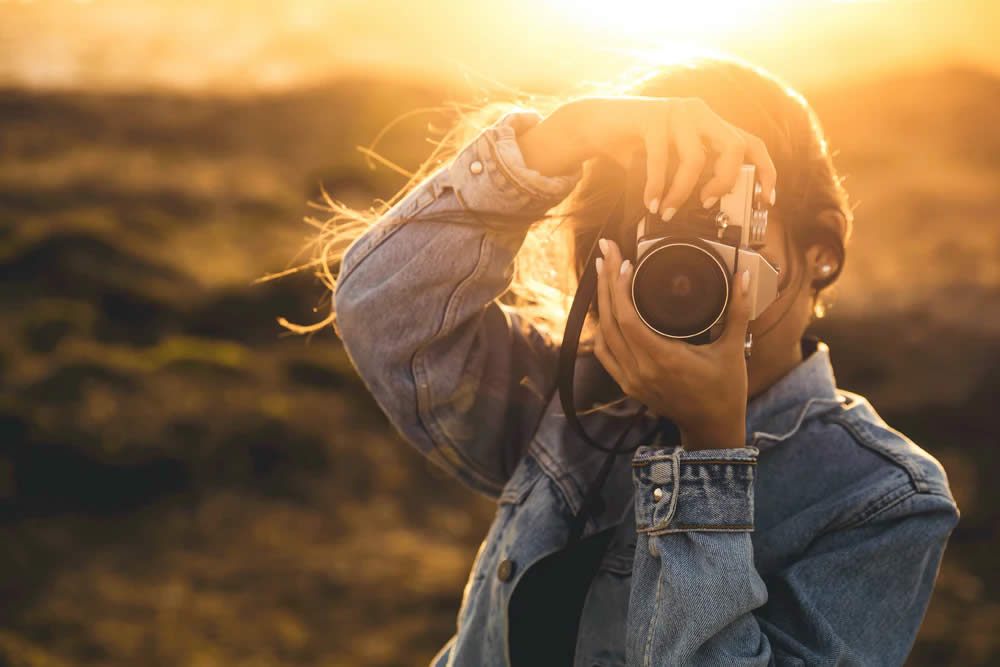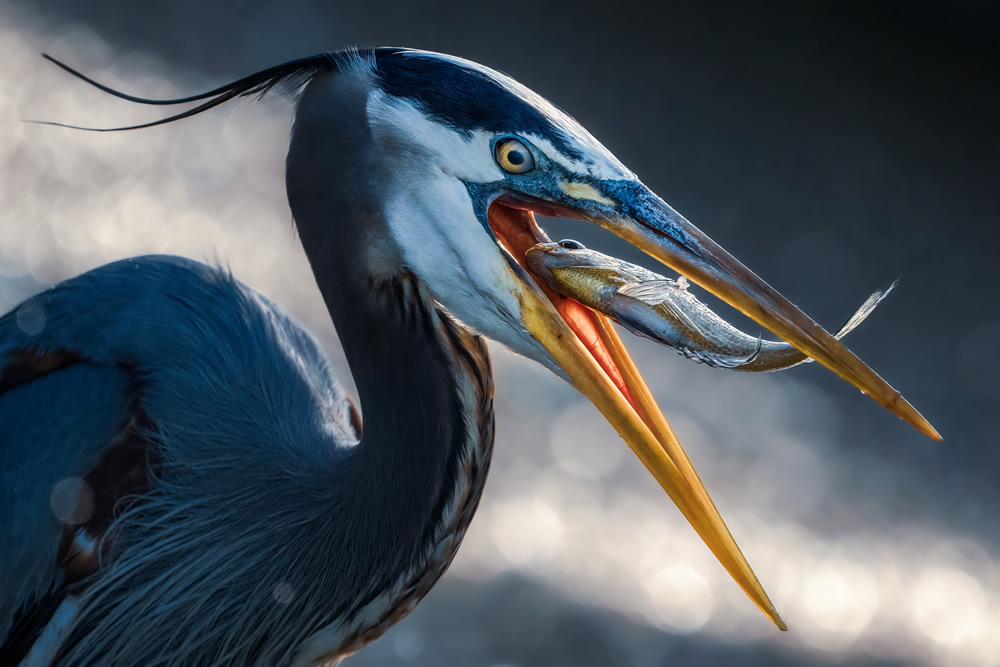The excitement about generative AI has been around for some time and has reached its peak with the launch of groundbreaking AI tools. As AI gets integrated into every sector, the art and photography industry is embracing the potential of AI-generated art.
While the revolution is in its infant stages, it bears the signs of a massive art movement. Besides the possible downsides and opportunities, here are a few ways generative AI is transforming the future of photography and art.
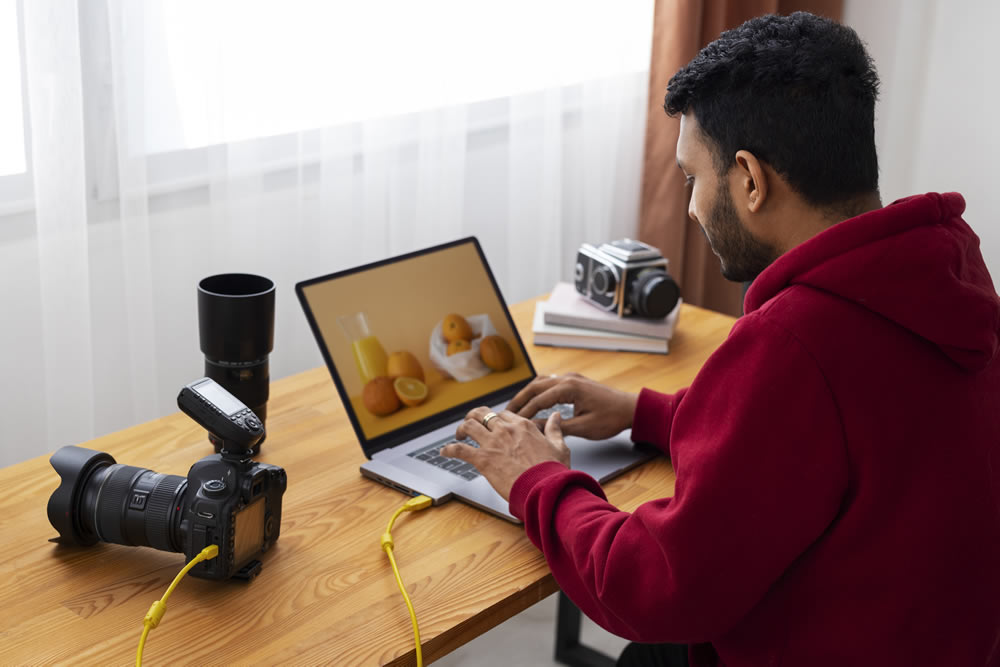
Empowering and Enhancing the Creative Potential
By leveraging artificial intelligence, modern artists demonstrate control over the creative process and output. Typically, AI algorithms can create objects and patterns that may be impossible to produce manually. As a result, incorporating AI-based elements in artwork results in diverse styles and design approaches. This inspires artists to try new techniques and styles, which expand the creative potential and possibilities of conventional art.
In addition, generative AI tools help artists enhance efficiency in their creative process. For instance, it can automatically correct design inconsistencies and errors. This eliminates time-consuming and redundant processes like image manipulation and data entry. As a result, AI can help boost productivity and allow creatives to produce more work consistently.
With the right prompts, you can use an image AI generator to set yourself apart from the competition by creating truly unique visuals that capture attention. This technology empowers artists to experiment with different styles and concepts, pushing the boundaries of creativity.
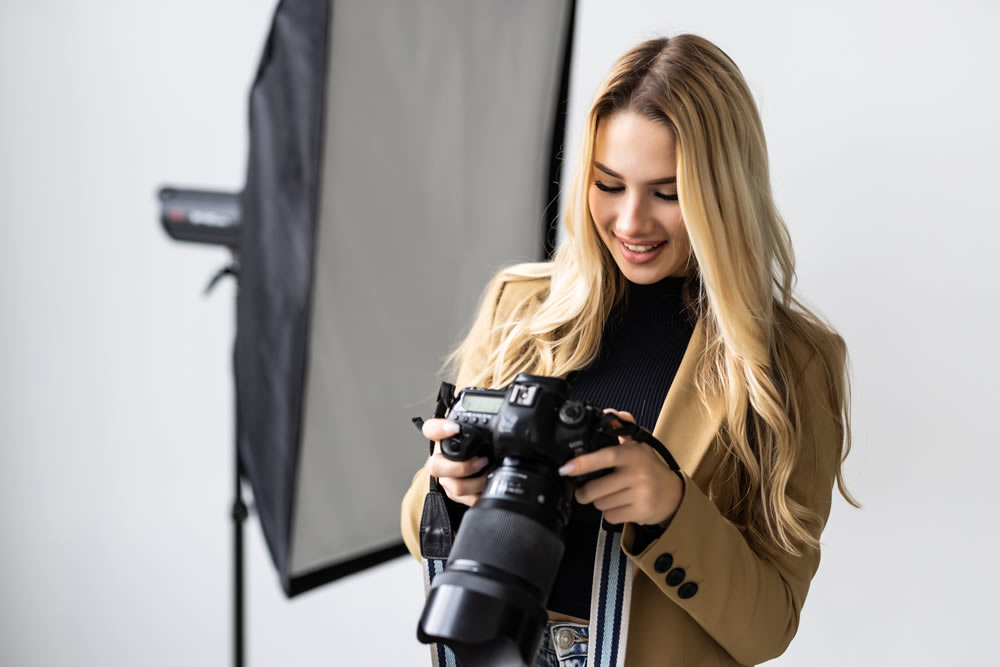
Automatic Image Enhancement
Image enhancement is among the immediate impacts of artificial intelligence in professional photography. Traditional image editing tools require a high level of skill and mastery. However, generative AI can automatically enhance photos, correct exposure and balance, and solve composition errors instantly, or photographers can even remove background with AI. The algorithms powering generative AI are trained with massive datasets to replicate professional editing expertise, allowing amateur photographers to produce exceptional images.
Rather than substituting human skills, artificial intelligence is more of a complementary tool. The technology requires human guidance to produce useful pieces and refine the output. Typically, AI is seldom creative on its own, but improves human creativity and unlocks exploration possibilities.
Moving forward, photography and visual arts will involve human creativity and the limitless power of generative AI. This means you can now get superior custom signage for professional and business uses.
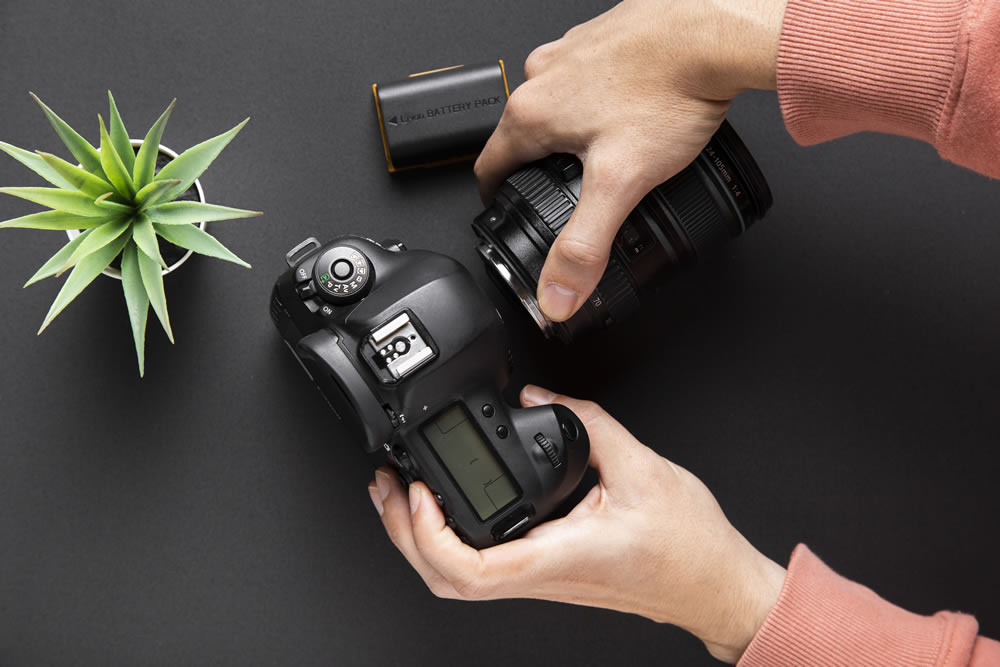
Object Recognition and Computation for Better Quality
Advanced AI tools can identify and tag objects in photographs, a feature that has invaluable applications in stock photography databases. Professional photographers with vast portfolios can leverage artificial intelligence to categorize and label their work automatically, saving time and boosting efficiency.
Similarly, most smartphones leverage AI-driven computational photography capabilities to deliver professional images. Camera features are underpinned by complex algorithms that combine multiple exposures and execute real-time adjustments to create optimized images.
Deep learning algorithms can analyze thousands of images to identify the perfect image that complements a news story. The algorithms consider various aspects like composition, facial expressions, and contrast to identify the most suitable image for a certain purpose.
Endnote
Generative AI has propelled every industry into an era of endless possibilities, allowing invaluable collaborations and expanding the traditional limits of human creativity. While some people feel that artificial intelligence will strangle natural creativity and replace artists, the future looks bright. By leveraging AI capabilities, artists can use modern tools to augment human creativity and produce marvelous artwork and photography.

